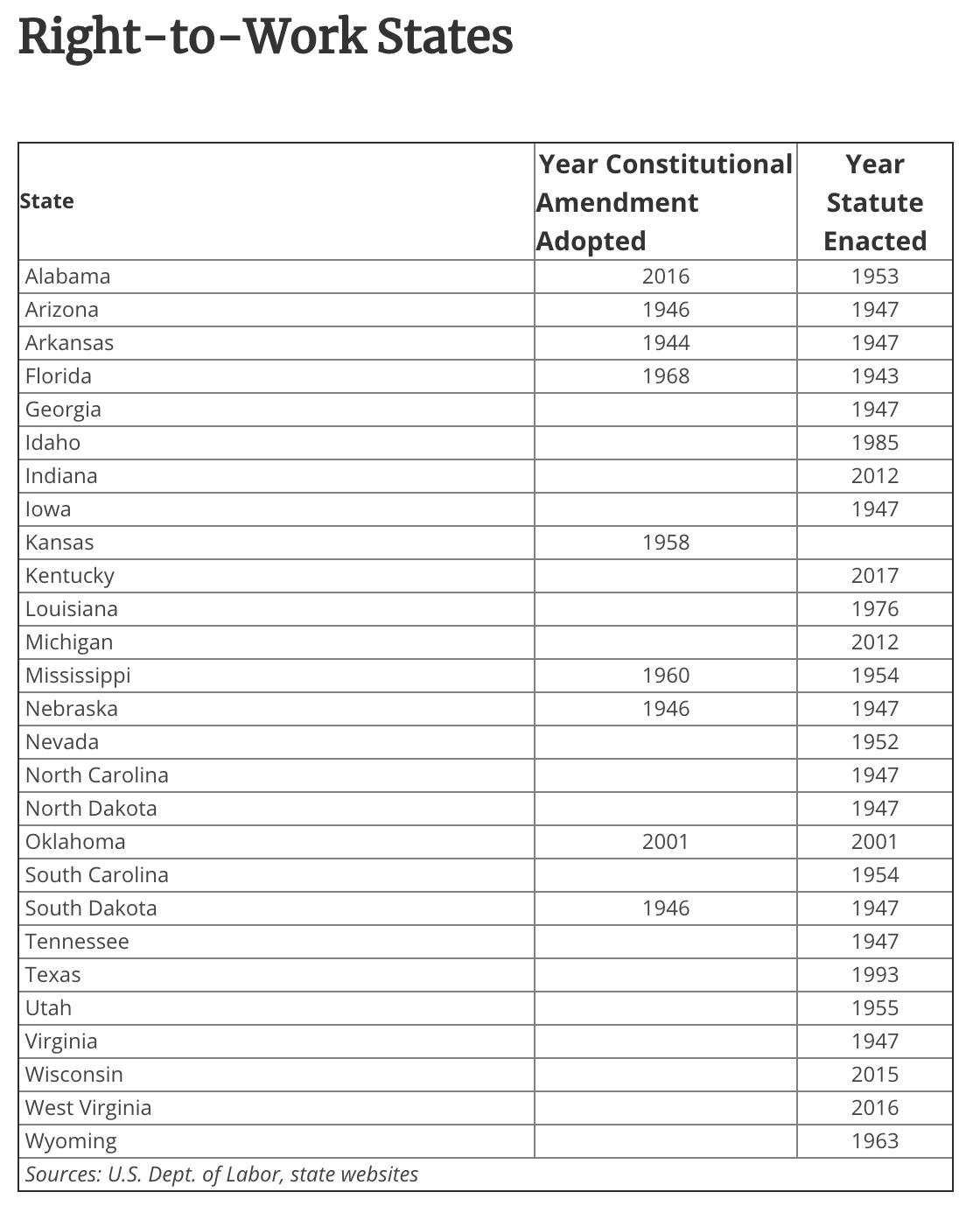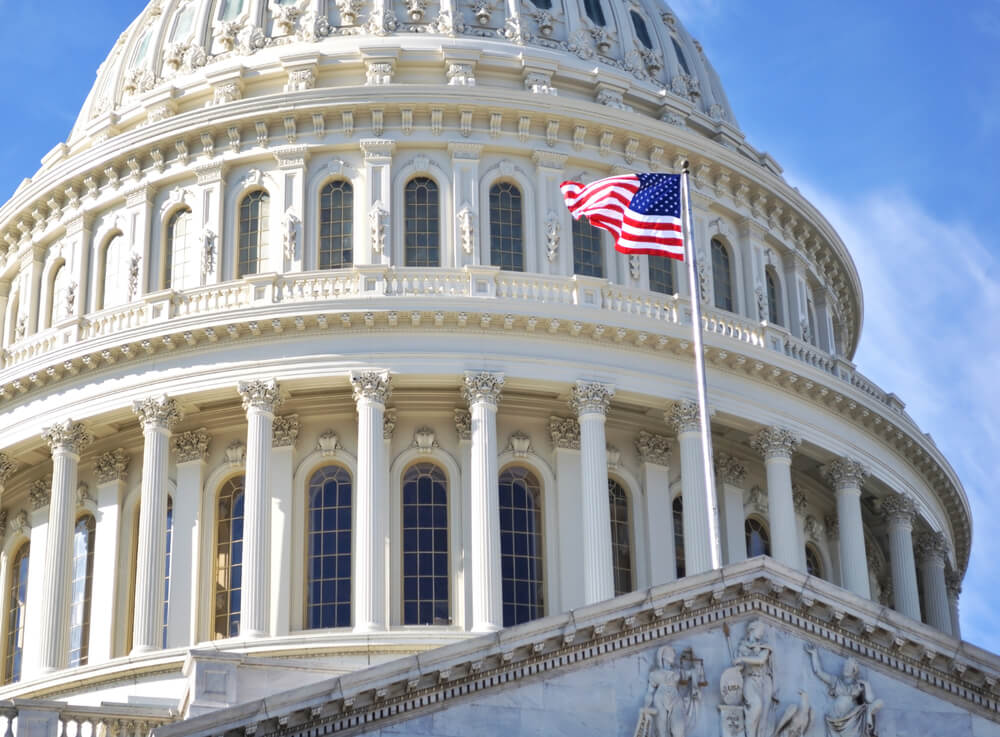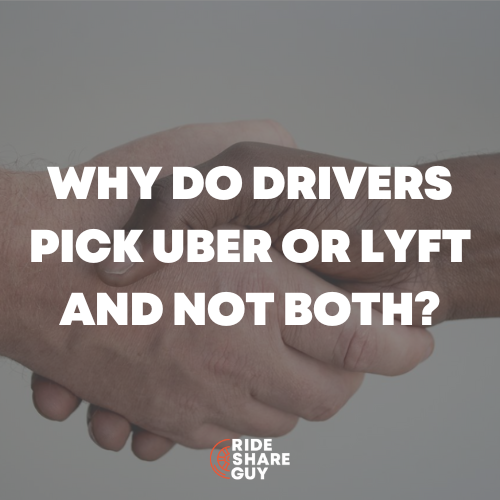Labor laws have been the hot topic among gig workers and the gig economy as of late with the passing of AB5 in California and then the subsequent passing of Prop 22, also in California. Now, national labor laws might be under scrutiny as the PRO Act bill makes its way through Congress.
Are you a reporter who wants to chat with drivers about their thoughts on the PRO Act? Reach out to Harry Campbell, The Rideshare Guy, at harry@therideshareguy.com.
Wondering what the PRO Act could mean on a state by state (and even international) level? Here’s what to expect with upcoming independent contractor legislation.
What is the PRO Act (H.R. 482)?
The name PRO stands for Protecting the Right to Organize Act. On March 9, 2021, the House of Representatives passed the PRO Act. This Act could eventually end up impacting Uber and Lyft drivers, as well as couriers delivering for some of the most popular food delivery services.
If you’d like to read the wording of the PRO Act Bill for yourself, check it out here.
What is it? According to MarketWatch, supporters are calling the PRO Act the ‘most significant labor legislation in decades’ while opponents characterized the PRO Act as ‘a gift to unions at the expense of workers.’
Here’s what that could mean for you. This is what we said in our original Proposition 22 article:
In general, Prop 22 and AB5 are two sides of the same coin. They are mostly opposing forces; however, Prop 22 would likely not have come about if AB5 had not become a law.
AB5 mandates that employers classify their workers as employees as opposed to independent contractors if they cannot pass the A, B, C test:
(A) that the worker is free from the control and direction of the hirer in connection with the performance of the work, both under the contract for the performance of such work and in fact.
(B) that the worker performs work that is outside the usual course of the hiring entity’s business
(C) that the worker is customarily engaged in an independently established trade, occupation, or business of the same nature as the work performed for the hiring entity.
Employers can only call workers independent contractors if all of the above are true.
AB5 does not come out and say specific language for gig workers and rideshare, which is one reason why companies have been able to avoid following it thus far.
Prop 22 is proposing a new law that has language specifically addressing rideshare and gig economy companies and how they can classify their workers in relation to AB5 legislation.
The PRO Act is more along the lines of AB5 vs. Proposition 22 – and this likely has Uber (and other gig companies) worried.
Protecting the Right to Organize Act: What’s In It?
The predominant action the PRO Act takes is adding amendments to the existing National Labor Relations Act that was enacted in 1935. According to Eli Rosenberg of The Washington Post, the PRO Act:
“would amend some of the country’s decades-old labor laws to give workers more power during disputes at work, add penalties for companies that retaliate against workers who organize and grant some hundreds of thousands of workers collective-bargaining rights they don’t currently have.”
In addition, the PRO Act would also weaken ‘right to work’ laws, active in 27 states, that allow employees to forgo participating in and paying dues to unions.
According to the National Law Review, the PRO Act would result in ‘sweeping changes to the National Labor Relations Act’, and ten key areas would be affected, including:
- Eroded Distinctions Among Employees, Independent Contractors and Supervisors – “The PRO Act would expand the definition of “employee,” adopting the California “ABC” test to exclude most workers from exempt independent contractor status.”
- Invalidate Mandatory Arbitration Agreements
- End State Right to Work Laws
One amendment the PRO Act Bill makes is to overturn current state “right to work” laws. What does that mean? As defined on the National Conference of State Legislature’s website, “Under right-to-work laws, states have the authority to determine whether workers can be required to join a labor union to get or keep a job.
“Currently, 27 states and Guam have given workers a choice when it comes to union membership. Labor unions still operate in those states, but workers cannot be compelled to become members as a requirement of their job.”
In effect, this makes joining a union more expensive for those who choose to join it, as fewer people pay into union membership. More expensive union membership, especially in lower-wage sectors, leads to fewer people joining or being a part of a union, which negotiates with the employer, among other benefits.

What the PRO Act Could Mean for Uber, Lyft, DoorDash, Instacart Drivers and More
IF the PRO Act Bill passes, it’s possible and probable that the courts will prove gig economy app companies such as Uber, Lyft, DoorDash, Grubhub and others should have employees instead of contractors to do the driving and delivering for their companies.
Much like with California, I would fully expect these companies to fight this legislation or try to, but they likely wouldn’t find the success they did with Prop 22. If they can’t create their own legislation to suit their own wants and needs, these businesses will either close up shop and/or focus on another aspect of their business they can control the way they want.
Or, they will, in essence, “fire” their drivers and delivery people and hire some of them back as employees to follow the rules of the new law.
Keep in mind, however, if the PRO Act Bill passes, it would take a while before these changes will actually take place. It won’t be overnight.
What Uber, Lyft, DoorDash and Other Couriers Are Saying About the PRO Act
What are drivers and couriers saying about the PRO Act? Much like our coverage on California’s AB5 and Prop 22, drivers are split about whether or not they’re in support of the PRO Act.
According to Nicholas, a driver who shared his thoughts on our Facebook page, he’s in favor of the PRO Act potentially leading to fewer, but better paid, drivers overall:
Another driver, Tom, suggests there could be a third way to classify independent contractors, similar to how they do in Europe:
Finally, a third driver (another Tom) shares the opinion of many drivers – no more interference by the government, as government interference could lead to job loss among independent contractors.
 Next Steps
Next Steps
This is just in the beginning stages. The wording of the bill might change over the course of its path through Congress.
Overall, it’s definitely something to keep an eye on. If it is enacted, it’s likely your rideshare work will change drastically, so you’ll want to be prepared.
No matter how you feel about the PRO Act Bill—whether you’re fully for it or adamantly against it—tell your legislators how you feel. You can contact your senator here. They can’t make informed decisions for their districts if they don’t know how those affected by these kinds of bills feel about them.
Finally, consider what you would do if the PRO Act passes and takes effect. What’s your Plan B?
Also, as always, make sure to bookmark The Rideshare Guy. We will be following this closely and will update this article with more information as it comes out!
Readers, are you concerned about the PRO Act? Are you in favor of it or against it?
Are you a reporter who would like to get The Rideshare Guy’s opinion on the PRO Act? Would you like to speak to verified driver and courier sources? Reach out to Harry at harry@therideshareguy.com
-Paula @ RSG







